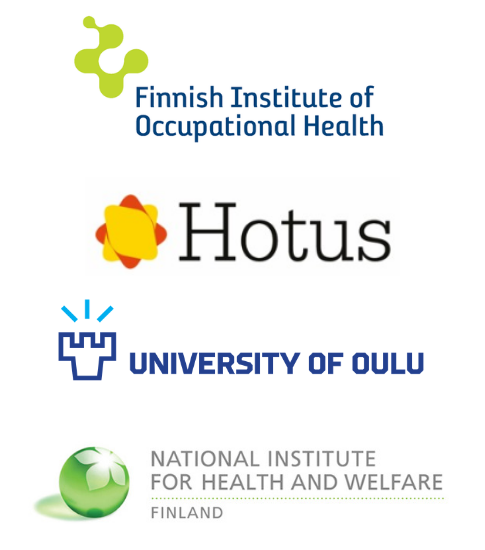
Finland
Partner in global health
This content is last updated on 5 January 2022.
Finland, an international champion for health innovation and health-in-all policies
Finland is considered a pioneer in health innovation and technology, and is also a major, longstanding supporter of WHO. The country is a proponent of WHO's work on economics and health; Prime Minister Sanna Marin serves as patron on the WHO Council on the Economics of Health for All.
Finland's health priorities include health promotion; prevention of noncommunicable diseases; emergency preparedness and response; health systems strengthening, with a particular attention to comprehensive primary health services, to build toward universal health coverage; and health and the environment.
Finland also leads in key cross-cutting areas such as gender, equity and human rights. The status of women and girls—including sexual and reproductive health and rights—are also top funding priorities, along with disability inclusion, climate change and food security. Through flexible funding to WHO, Finland helps WHO work with greater agility towards advancing these areas, included in WHO's General Programme of Work and Triple Billion targets.
Finland coordinates a Nordic network of professionals helping to implement recommendations from the Commission on Ending Childhood Obesity (WHO) in Nordic countries.
The country's dedication to nurturing health innovation prompted WHO Director-General Dr Tedros Adhanom Ghebreyesus to launch the WHO Innovation Hub at Finland's 2018 Slush event, a leading conference for innovative startups. Finland also hosts the UN Global Pulse, which includes a health workstream.
In 2019, Finland's European Union presidency focused international attention on health through conferences on The Silver Economy and The Economy of Wellbeing.
WHO collaborating centres in Finland

As of July 2019, Finland hosted six collaborating centres which routinely contribute their scientific expertise to WHO. Among them are institutions and universities that share knowledge on a wide range of topics, including mental health, environmental health, nursing and alcohol and substance abuse.
The WHO Collaborating Centre for Mental Health Promotion, Prevention and Policy at the National Institute for Health and Welfare contributes to mental health development in the European Region by assisting WHO in the development of evidence-based tools and guidance for mental health promotion and prevention of mental disorders. The center also contributes to capacity building in the field of suicide prevention.
The WHO Collaborating Centre in Global Change, Environment and Public Health at the University of Oulu supports the WHO Regional Office for Europe in implementing the Ostrava Declaration on strengthening capacity and resilience to climate change-related health risks and supporting measures to mitigate climate change in the European countries, and in Nordic countries in particular. The centre also contributes to the provision of research-based information to the WHO European Centre for Environment and Health with a special reference to weather-related phenomena. This includes provision of case studies, capacity, building and dissemination of information on the relevant topics.

